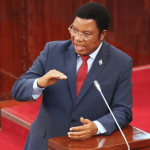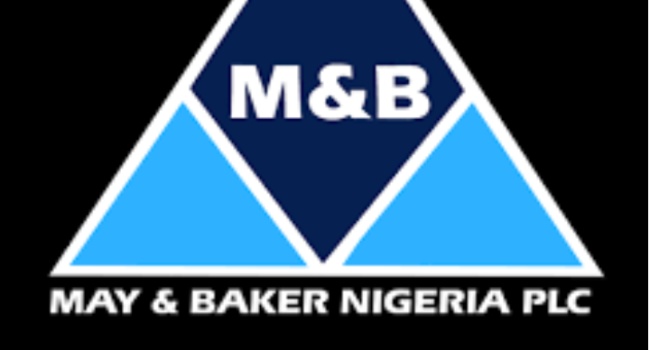The Central Bank of Nigeria (CBN) has placed restrictions on the amount of foreign exchange that banks may retain to prevent losses. This is as the country’s economy continues to witness depreciation of the local currency, the naira.
The naira recorded a new low exchange rate of N1,482 against the United States dollar on Tuesday, 30 January 2024 at the official market.
Join our WhatsApp ChannelIn a circular released on Wednesday to all the banks signed by its Director, Trade and Exchange, Dr. Hassan Mahmud and the Director, Banking Supervision. Mrs. Rita Sike, CBN voiced concern about the increase in foreign exchange exposures on the balance sheets of banks in the country.
READ ALSO: Naira Hits Record Low At N1,482/$1 In Official Market, Triggering Economic Concerns, Shutdown Fears
“This has created an incentive for banks to hold excess long foreign currency positions, which exposes banks to foreign exchange and other risks,” part of the circular titled “Letter To All Banks Harmonisation Of Reporting Requirements On Foreign Currency Exposures Of Banks” read.
The apex bank said that in order to ensure that these risks are adequately handled and prevent losses that can present significant systemic risks, it has released new prudential guidelines that banks must adhere to.
The CBN directed that the Net Open Position (NOP) limit of the overall foreign currency assets and liabilities taking into cognizance both those on and off-balance sheet should not exceed 20 per cent short or 0 per cent long of shareholders’ funds unimpaired by losses using the Gross Aggregate Method.
It also mandated banks that their NOP exceeds 20 per cent short and 0 per cent long of their shareholders’ funds unimpaired by losses to bring them to the prudential limit by February 1, 2024.
Additionally, banks must use approved templates to calculate their monthly and daily net operating profit (NOP) and foreign exchange trading position.
“Banks are also required to have adequate stock of high-quality liquid foreign assets, including cash and government securities in each significant currency to cover their maturing foreign currency obligations. In addition, banks should have in place a foreign exchange contingency funding arrangement with other financial institutions,” the circular added.
READ ALSO: Relocation Of Some CBN Units To Lagos Will Ensure Efficient Oversight Of Banks – Economist
Other requirements by the CBN for managing FX risks by banks are:
“Banks should borrow and lend in the same currency (natural hedging) to avoid currency mismatch associated with foreign currency risk.
“The basis of the interest rate for borrowing should be the same as that of lending i.e. there should be no mismatch in floating and fixed interest rates, to mitigate basis risk associated with foreign borrowing interest rate risk.
“With respect to Eurobonds, any clause of early redemption should be at the instance of the issuer and approval obtained from the CBN in this regard, even if the bond does not qualify as tier 2 capital.
“All banks are required to adopt adequate treasury and risk management systems to provide oversight of all foreign exchange exposures and ensure accurate reporting on a timely basis.
“Banks are expected to bring all their exposures within the set limits immediately and ensure that all returns submitted to the CBN provide an accurate reflection of their balance sheets.”
Victor Ezeja is a passionate journalist with seven years of experience writing on economy, politics and energy. He holds a Master's degree in Mass Communication.


















Follow Us